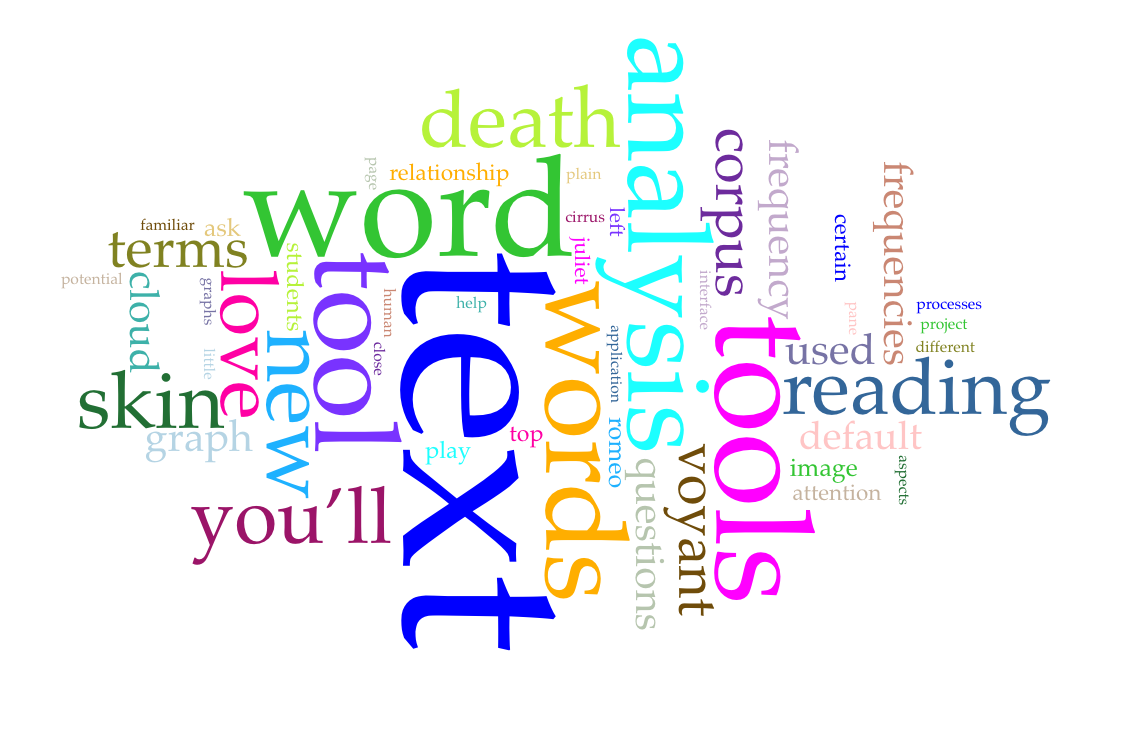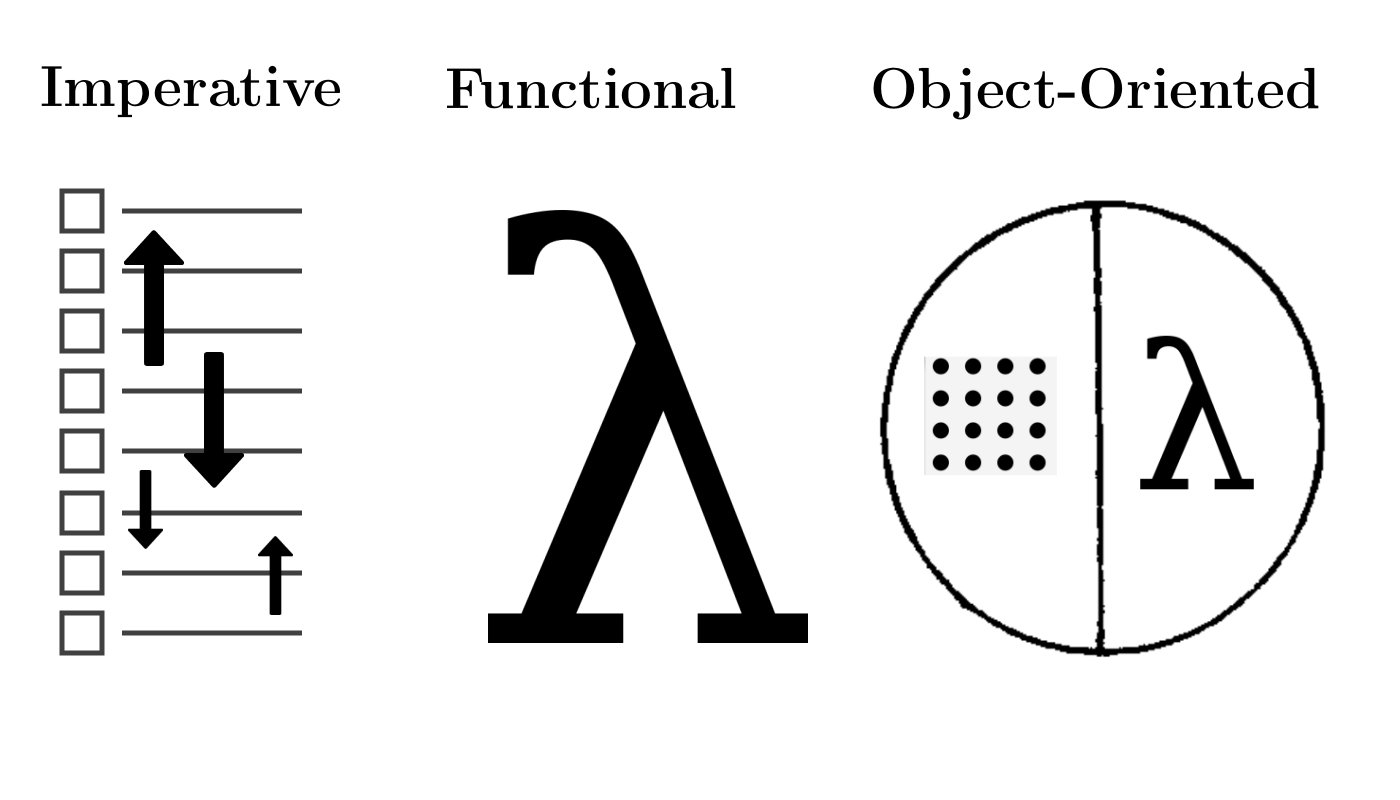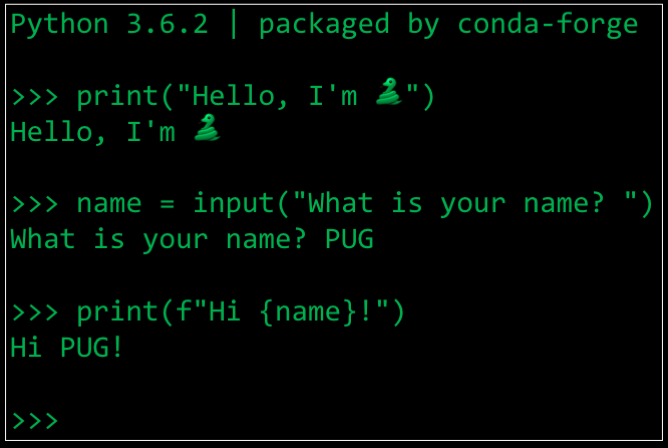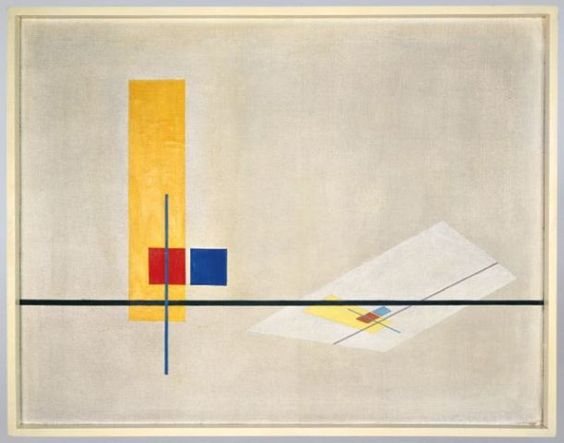
This issue is probably more common than I think.
Over the past year I’ve been working on an ambitious digital project: to modify a digital annotation tool, hypothes.is, so that the user can highlight text in multiple colors, rather than just yellow. While that doesn’t sound very ambitious, the theoretical underpinnings of the project and technical obstacles involved have made it quite complex.
Ideally, this multi-color highlighter would facilitate social reading with an opacity feature that allows students to layer colors, one over the other (see the featured image for an example). This layering of colors will allow me to explore possible connections between color and signification—i.e. what different colors might mean to different readers—with the goal of using color to address nonverbal or preverbal reactions to reading. One of my ideas is to use color to mark feelings, emotions, and gut reactions while reading literature. Another is to think about how color offers a way for teachers and students to create new schemas for responding to literature. How should color meanings be assigned? And how might color assignments help with literary analysis? Additionally, I’m interested in comparing the multi-color highlighter to existing annotation tools (such as Lacuna Stories, Ponder, or Annotation Studio) that prescribe preset options for responding to text. In what ways do the options of writing or tagging annotations create expectations for how we respond to texts? What are the pedagogical and cognitive benefits of limiting annotation to color, as opposed to written responses?
The closer I get to the end, the more I want to go back to the beginning. Of all my reservations about this project, the main one is the choice of hypothes.is as the annotation tool to modify. There were many good reasons to choose hypothes.is at the outset. It has been an effective tool for teaching (in my case, teaching Orlando by Virginia Woolf), that comes as an installed plugin on my course website on the CUNY Academic Commons. It’s an open source tool, with an active and dedicated community of users that would be able to answer questions during my development. Nonetheless, it is too robust for my project.
Rather than hypothes.is, I could have modified a more lightweight and minimal annotation tool. Something like Annotator.js, hypothes.is’s parent project, would have allowed me to explore the effects of color and nonverbal annotation more directly. Unlike hypothes.is, Annotator.js doesn’t come with a sidebar or tagging mechanism. Its codebase is a fraction of the size of hypothes.is, and the highlighter is entirely configured within one file! Unfortunately, Annotator.js is no longer supported, as its team has moved on to other projects, such as the Apache Annotator.
What I’ve discovered, in the end, is how much my technical choices have determined my theoretical investments. And that’s why I want to start over. My thinking now falls in line with the principles of minimal computing, particularly Alex Gil’s suggestion to ask “What do we need?” in order to guide our development and thinking about new technology. I feel like hypothes.is does too much, offering too many options for responding to texts. My project wants to explore how one specific feature, which is color, affects reading practices. The more I think about what annotation can do, the less I want my tool to scaffold its user’s responses with additional options like text boxes and tagging.
Though I’m almost finished with the tool’s development, I imagine that this project will be ongoing. Besides the theoretical difficulties, there have been many technical challenges, requiring inordinate amounts of time learning CSS and JavaScript, much trial and error, and going down rabbit holes (more details in my development notes). Thankfully, I’m invested in the process and will keep thinking about different ways of using color, posting updates, and getting feedback. If you have any ideas, please reach out!






